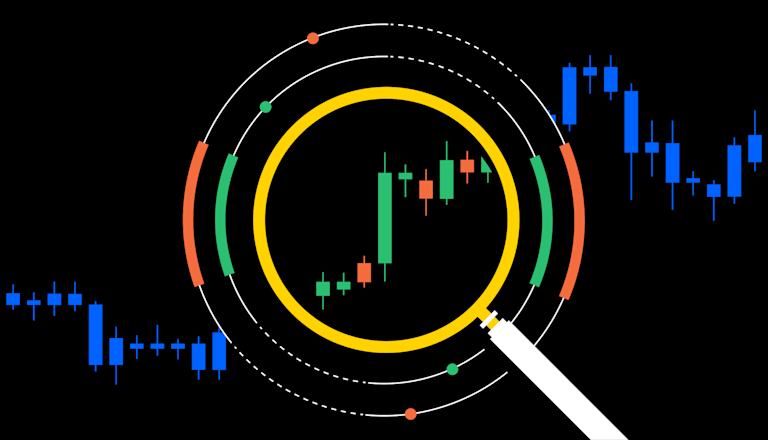
Understanding Crypto Future Trading Tax: A Comprehensive Guide
As more investors dip their toes into cryptocurrency and future trading, understanding the implications of crypto future trading tax click here becomes increasingly important. Taxes on cryptocurrency can be complex, varying significantly across jurisdictions. This article will help you grasp the basics of crypto future trading taxes, what you need to consider when trading futures, and how to integrate tax planning into your investment strategy.
The Basics of Cryptocurrency Futures Trading
Cryptocurrency futures allow investors to buy or sell a specific amount of a cryptocurrency at a predetermined price on a future date. This financial derivative enables traders to speculate on the price movements of digital currencies without necessarily holding the underlying asset. Futures trading can amplify profits, but it also can lead to significant losses, making it crucial for traders to understand the associated tax responsibilities.
Why Understanding Crypto Futures Trading Tax Is Important
A lack of understanding regarding crypto future trading taxes can lead to substantial financial implications. Failing to report gains or misclassifying crypto transactions can result in hefty fines and interest. Moreover, being proactive about tax reporting can save investors significant amounts of money and avoid potential legal issues.
Tax Implications on Cryptocurrency Futures Trading
The primary tax obligation for individuals engaging in crypto future trading arises from the gains or losses incurred from their trades. Most jurisdictions classify cryptocurrencies as property, meaning that any profit resulting from selling or trading crypto futures could be subject to capital gains tax. Here are some key points to consider:
- Short-Term vs. Long-Term Capital Gains: The holding period of the asset significantly influences the tax rate applied to gains. Generally, short-term capital gains (assets held for one year or less) are taxed at ordinary income rates, which may be higher than long-term capital gains rates.
- Calculation of Gains and Losses: Traders must accurately assess the difference between purchase and sale prices to calculate gains or losses. When trading futures, this may involve more complex calculations due to margins and leverage.
- Tax-Free Accounts: In some jurisdictions, trading within tax-advantaged accounts may provide tax benefits. However, details vary based on country and account type.
Tax Reporting Requirements

When trading crypto futures, individuals are generally required to report their gains and losses on their annual tax returns. Here are the basic reporting steps:
- Record Keeping: Traders should maintain meticulous records of all trades, including dates, amounts, prices, and associated fees.
- Tax Forms: Many countries, including the United States, provide specific tax forms for reporting capital gains. Traders must familiarize themselves with these forms to ensure accurate filings.
- Consulting a Tax Professional: Given the complexity and ever-evolving regulations, it’s often wise to consult a tax professional who specializes in cryptocurrency.
Challenges and Considerations
Trading crypto futures introduces several challenges concerning tax compliance:
- Volatility: The rapid price movements associated with cryptocurrencies can lead to significant swings in reported gains or losses, complicating calculations.
- International Trading: If trading on international exchanges, traders may deal with additional tax obligations based on the jurisdictions involved.
- Regulatory Changes: The regulatory environment surrounding cryptocurrencies is continually evolving. Staying informed regarding changes can help traders adapt their strategies and ensure compliance.
Tax Strategies for Cryptocurrency Futures Traders
Implementing effective tax strategies can help optimize your experience in crypto futures trading. Here are some strategies to consider:
- Tax-Loss Harvesting: This strategy involves selling crypto assets that are underperforming to offset gains in profitable trades, reducing overall tax liability.
- Utilizing Tax-Advantaged Accounts: If available, consider using accounts that provide tax-deferral benefits to mitigate tax impacts on trading profits.
- Staying Updated with Regulations: Future tax implications could change, so regularly review legislative shifts affecting cryptocurrencies to optimize your trading strategy.
Final Thoughts
In conclusion, understanding the nuances of crypto future trading tax is vital for anyone looking to capitalize on the burgeoning cryptocurrency market. Investors should prioritize accurate record-keeping, stay informed about tax obligations, and consider professional guidance to navigate this complex landscape. By being proactive about tax responsibilities, traders can maximize their profits without running afoul of regulations, allowing them to focus on what they do best – trading.













